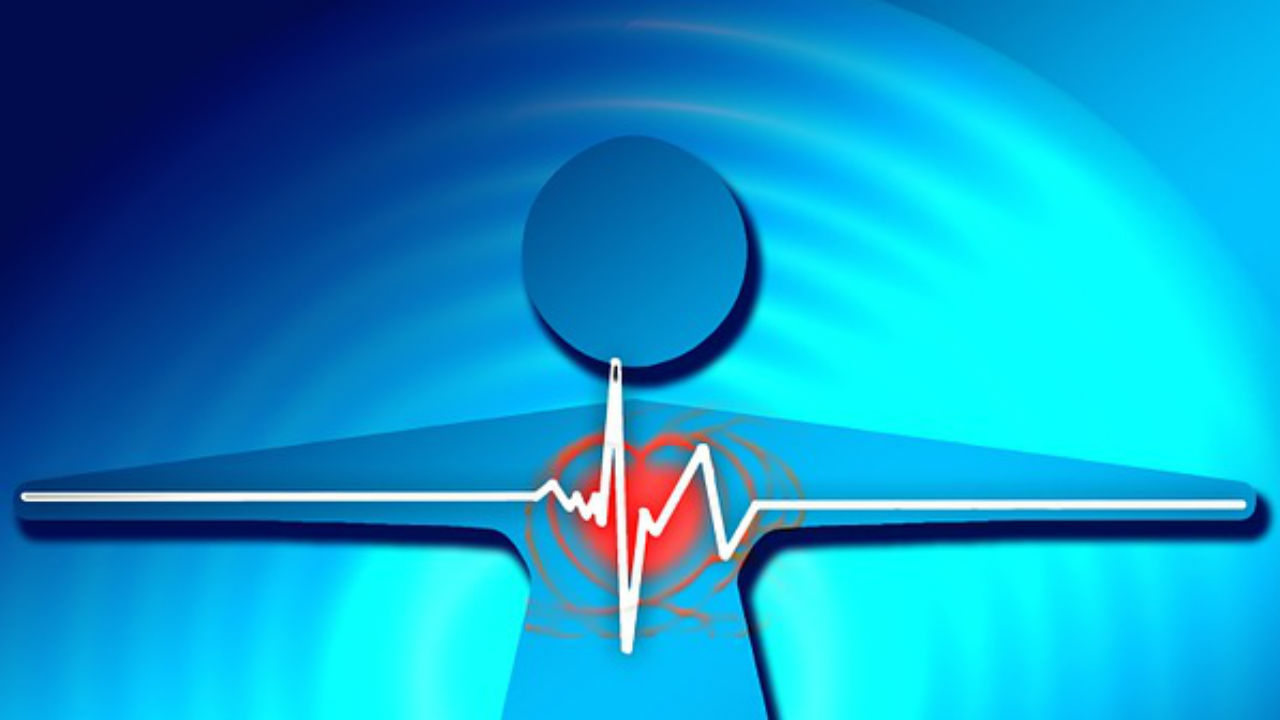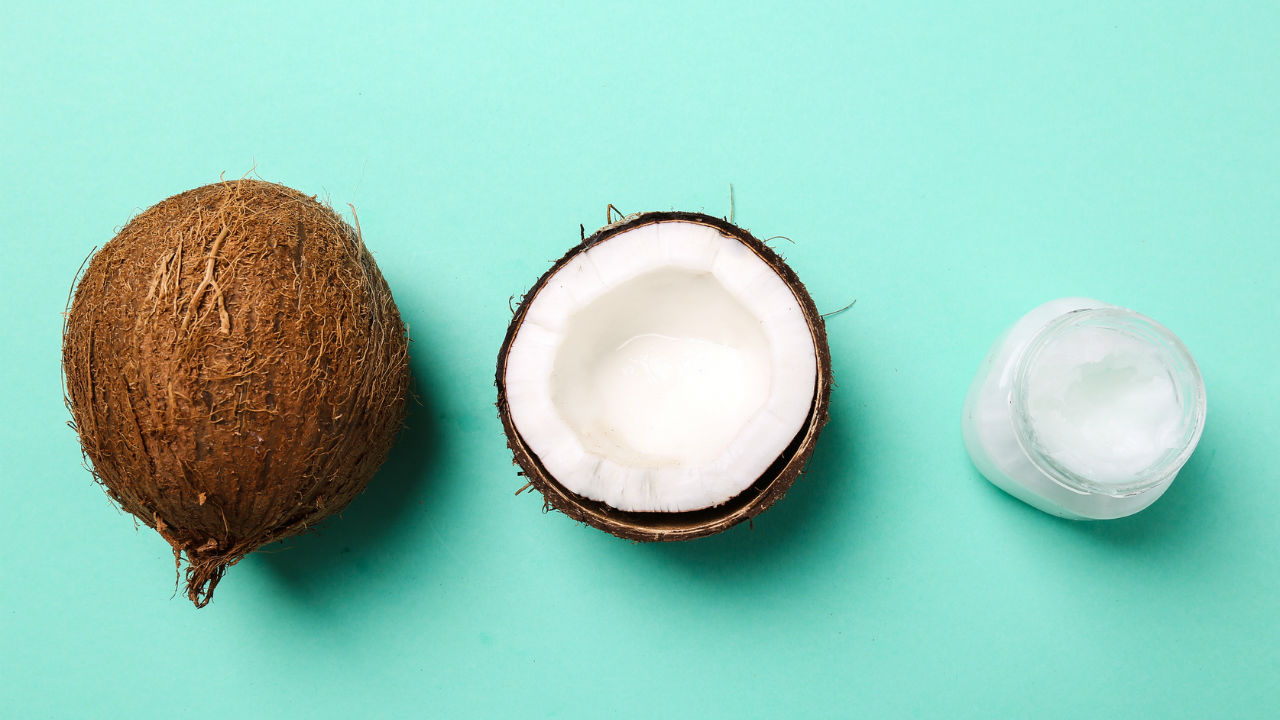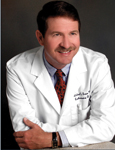You've seen that medical therapy and lifestyle changes can prevent or halt the progression of coronary atherosclerosis, and even potentially reverse it. You've seen that they have been shown to help prevent heart attacks and prolong life.
You've also seen that much of the testing and surgery done today in response to heart disease is not only unnecessary but also downright dangerous to the patient. Angioplasty and stents don't "fix" patients. They're the equivalent of cosmetic surgery for the arteries: they may make them look good, but they don't do anything but cover up the problem. Heart bypass surgery is rarely the answer either. It doesn't do anything to change the underlying issue that created the need for surgery in the first place.
But you've also seen how you can drastically reduce your odds of developing cardiovascular disease, cancer, diabetes, hypertension, and stroke, as well as other illnesses related to unhealthy diet and lifestyle.
The Ozner Ten-Step Prevention Plan:
l. Follow a Mediterranean Diet. The Mediterranean diet has been consumed by the peoples of the Mediterranean basin for thousands of years, and is the only diet that has ever received so much scientific scrutiny and validation: carefully documented scientific research conducted over the past six decades has conclusively proven that this diet drastically reduces your risk of cardiovascular disease. It's also the basis for the diet I have successfully used in my preventive cardiology practice for over twenty years. It features vegetables, fruits, whole grains, legumes, nuts, red wine, minimal lean meat, extra virgin olive oil as the primary source of fat, plenty of fish, and ideally, no processed foods, refined carbohydrates, or trans fats.
2. Exercise Regularly. Studies show that exercise doesn't have to be excessive, and it doesn't even have to take place all at once, but one way or another, you need to get at least thirty minutes of it daily to maintain optimum cardiovascular health. Forget the excuses. It doesn't require an expensive gym membership (although gym memberships are fine, if used) or an investment in bulky or expensive exercise equipment. A simple pair of comfortable walking shoes should be sufficient to start you on the road to more energy and better health.
3. Manage Your Stress. Relentless stress is toxic to the mind and body. Take time to invest in relaxation. Practice yoga or tai chi, take anger management classes, laugh it up with friends, practice meditation, or find a relaxing and engaging hobby. Do whatever it takes to catch your breath, calm down, and disconnect from the hustle and bustle of your busy life on a routine basis. The world won't come to an end if you do. And if you don't, you may well come to an abrupt end.
4. Take Command of Your Blood Pressure. Monitor and control your blood pressure. Follow a diet and lifestyle that keeps your blood vessels flexible, and your blood pressure below 120/80 mmHg.
5. Control Your Cholesterol. Monitor and control your cholesterol level. Follow a diet and lifestyle that keeps HDL cholesterol high and LDL cholesterol and triglycerides low.
6. Reduce Free Radicals and Oxidative Stress. There is a war going on in your body between free radicals and antioxidants. Fight free radicals, and the oxidative stress and disease that results, by giving your body's natural antioxidants plenty of reinforcements in the form of fresh fruits and vegetables. Avoid toxins, including cigarette smoke, to keep free radical production as low as possible.
7. Avoid Chronic Inflammation. Control inflammation by following the anti-inflammatory Miami Mediterranean diet and consuming plenty of omega-3 fatty acids in the form of cold water fish, and certain vegetable and grain sources. Proper dental hygiene and regular dental cleaning and check-ups help to guard against a frequent cause of chronic inflammation, chronic periodontal disease. Treating other conditions that lead to chronic inflammation, such as chronic bronchitis, prostatitis, and arthritis, also helps to quell the fires of inflammation.
8. Prevent Metabolic Syndrome and Diabetes. Prevent and reverse metabolic syndrome and its frequent end result, type 2 diabetes, by following prudent diet and lifestyle recommendations.
9. Have an Annual Physical Exam with Comprehensive Lab. An ongoing relationship with your personal treating physician is important. Have an annual physical exam and discuss prevention strategies with your doctor -- even if you are healthy and feel well. In addition, have an advanced lipid profile done. Specifically; make sure your doctor tests for three things: particle number, hs-CRP, and LP(a). These laboratory tests provide greater insight into the specific cardiovascular disease risk factors that may impact your individual situation.
10. Avoid Unnecessary Diagnostics Tests and Procedures. Routine cardiovascular screening with CAT scans are not recommended for healthy people -- they are expensive (and not covered by insurance), and they deliver a significant dose of ionizing radiation that may increase the risk of cancer. Nuclear stress tests also result in radiation exposure and can usually be replaced by a stress echo (ultrasound) study. Cardiac catheterization is not always as safe or simple a procedure as you may be led to believe. Since it often leads to simultaneous procedures, such as balloon angioplasty and/or stent placement, you may end up with far more than you bargained for. Don't let yourself be talked into coronary bypass surgery unless it's truly indicated. Seriously weigh the pros and cons before submitting to any of these procedures. And do not hesitate to seek a second opinion if your physician is unwilling to discuss risks, benefits, and alternatives.
You can prevent, halt, or even reverse heart disease. The choice to do so is up to you.
The above is an excerpt from the book The Great American Heart Hoax
by Michael Ozner, MD, FACC, FAHA
Author Bio
Michael Ozner, MD, FACC, FAHA, is the author of The Great American Heart Hoax: Lifesaving Advice Your Doctor Should Tell You About Heart Disease Prevention (But Probably Never Will). For more information on his book and the research behind it, please visit http://www.drozner.com.






Add a CommentComments
There are no comments yet. Be the first one and get the conversation started!